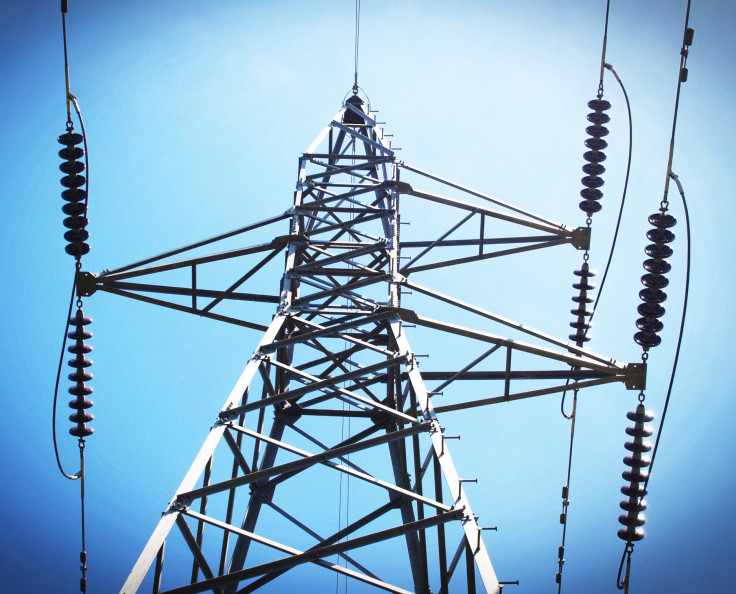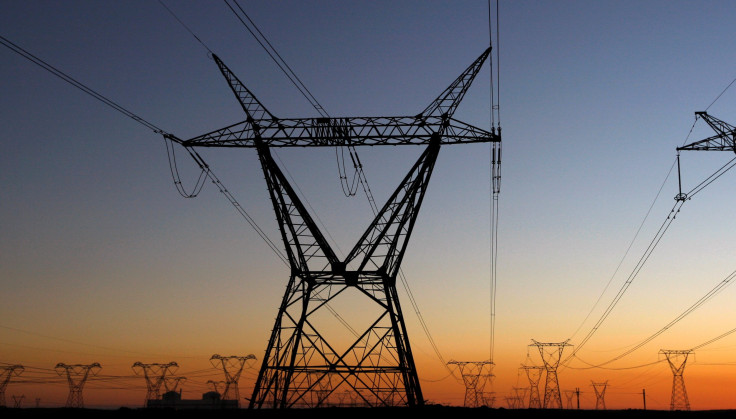China Gifts Duterte Phone That Can't Be Hacked, Philippines President Says 'No'

The relationship between Philippines President Rodrigo Duterte and China has been quite cozy with Beijing offering great terms on a joint oil exploration bill or loans to improve the country’s infrastructure. The president remains undecided on those offers but he has refused their latest offer of a mobile phone that cannot be hacked.
Duterte mentioned about the unhackable phone offer on Monday during an interview with a Philippine morning show "GMA 7’s Unang Hirit". He admitted there could be Chinese spies in the country and that China has been “listening to us”.
The president said, “Right now they are listening to us, satellites, without using the grid, the spies, they know, I know because I have talked to him. And as a matter of fact, they offered to give me a cellphone that could not be hacked.” He explained his refusal to accept the phone: “I do not want the people [to] suspect that I have secrets.”
Duterte has consistently expressed concern that he is being watched by other countries. In an August speech during the League of Municipalities of the Philippines (LMP) in Cebu City, he said the United States, China, Russia, Israel and Indonesia were all watching him and that the U.S.' CIA wanted him dead. Duterte is known to add a bit of bluster to his speeches so his claims about the CIA may be a bit exaggerated.
The morning show interview continued with the president being asked about the possibility of China shutting down the country’s power transmission system. The power to the entire Philippines is supplied by the National Grid Corporation of the Philippines (NGCP) with Beijing’s State Grid Corporation of China (SGCC) owning a 40% stake in the venture.
Duterte answered, “I will ask China now. I’d like to address myself, respectfully to President Xi, what could be the reason because I do not believe that they will do. But if there is, what could be the reason for you to cut?” He added that there would be a “quarrel” should China cut the country’s power lines.

There has been some concern in the Philippines about China’s control over the country’s power. Manila’s BusinessMirror reported that last month retired Supreme Court Justice Antonio Carpio cautioned against the dangers brought about by China’s ability to control the Philippines’ power source.
He said: “I think it should be a cause for concern especially if the technicians who are manning or maintaining the grid, the power lines, are Chinese. Because if the Chinese are the ones maintaining our national grid then it’s easy for them to shut it down. They can always inject malware in the software.”
In the same BusinessMirror report, the NGCP denied allegations that China can remotely access and shut down the grid. It said Filipinos are in control of the country’s power transmission infrastructure, and the SGCC is limited to being a technical adviser. NGCP said the system that controls the grid is being operated by “authorized Filipino technical experts” and cannot be accessed by remote users.
© Copyright IBTimes 2024. All rights reserved.





















